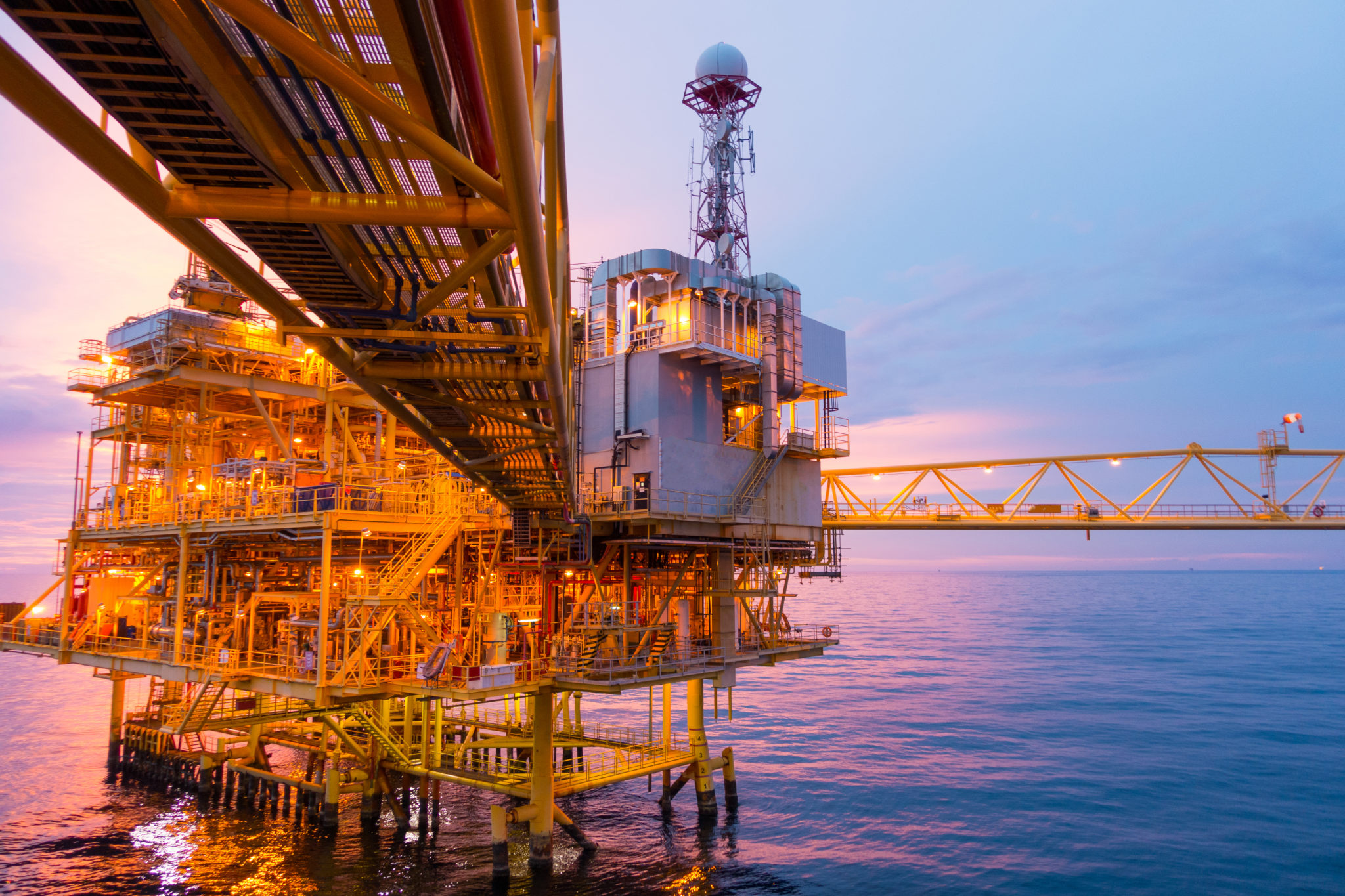
The Bureau of Safety & Environmental Enforcement (BSEE) recently launched a website that tracks approvals for departures, alternative compliance and time extensions for offshore oil and gas projects.
Part of what makes the U.S. offshore oil and gas industry special is its dedication to safety and environmental stewardship. The industry is built upon improving its safety and environmental performance. In fact, the core functions of offshore regulations define the requirements and procedures related to:
- Controlling a well;
- Properly developing a lease;
- Conserving natural resources; and
- Protecting life, property or the marine, coastal or human environment.
Both alternative compliance and departures create positive frameworks that strengthen the core function of regulations. They allow regulators to improve upon prescriptive, one-size-fits-all rules, by allowing for performance-based regulations. The same safety and performance baselines must still be met, but newer and safer systems and technologies can be adopted if they meet or exceed the safety standards established in the regulation.
In other words, alternative compliance and departures are not waivers, a gutting of rules or a sidestep of requirements.
Alternative Compliance
Alternative compliance is a positive policy tool that allows companies to reach the same high-standard endpoint through procedures or equipment that meets or exceeds the level of safety and environmental protection articulated in BSEE requirements. In many ways, these provisions would be more accurately described as an “alternative method,” instead of “alternative compliance.” The same levels of safety and environmental performance are still met; the company is only taking a different path to get there.
Think about it this way: You live in Houston but want to go to a concert in Austin. You plug in the destination into your map app. The GPS says to take Interstate 10 to Highway 71. However, you know that Highway 71 has heavy traffic, making it a riskier drive. Alternative compliance establishes a process that would allow you to take Highway 183 to Austin instead of Highway 71. If you can prove that Highway 183 is as safe, if not safer, than your original route and that you will still end up in Austin, alternative compliance provisions would allow you to follow the new directions.
Departures
Departures allow companies to seek approval for operating requirements and procedures that are different than what is defined in the regulations in order to assure that the core function of the rule (controlling a well, protecting life, etc.) is achieved.
Our industry is very technical and requires a high degree of scientific and engineering accuracy. There can be instances where absolute adherence to a regulation would have a negative impact on a company’s ability to adhere to the core regulatory functions. Departures allow the company to communicate a new path and a new destination to the regulator, and for the regulator to assess and give permission accordingly, assuming the departure meets or exceeds the safety and environmental standards established in any applicable regulations.
Sticking to our trip analogy: You are still wanting to go from Houston to Austin to go a concert. You realize, however, that the concert is in Dallas. You do not need to go to Austin at all. A departure creates a way to propose a new destination, establish that Dallas is where you need to go and prove that you can get there as safe or safer than getting to Austin. Your outcome of getting safely to the concern is still met, even though it was in a different city than what was originally anticipated.
Safer or Safer Operations
The bar for any alternative compliance or departure is high. Federal regulation allows alternative compliance only when the Federal government determines that the measure provides a level of safety and environmental protection that equals or exceeds safety levels set out in the regulation. This allows companies to maintain safety across the varied conditions in offshore development through innovation and technological advances, which typically outdistance the explicit language in prescriptive regulations.
Not only do Federal regulatory agencies have decades of experience in allowing operators to seek government-approved alternative procedures or equipment, this ability is explicitly provided for in the language of many offshore regulations.
Performance based standards are important because each offshore oil and natural gas well has unique characteristics, including:
- Geology
- Depth
- Water Pressure
- Temperature
Innovation and the continuous advancement of technologies create opportunities for companies to help reduce risk and advance safety. Safety is at the center of everything we do in the offshore industry. Whether its empowering every worker with “Stop Work Authority,” developing new technologies that reduce risk or can predict potential snags, or establishing an industry-wide safety culture through initiatives like the Center for Offshore Safety, safety is always at the forefront.

